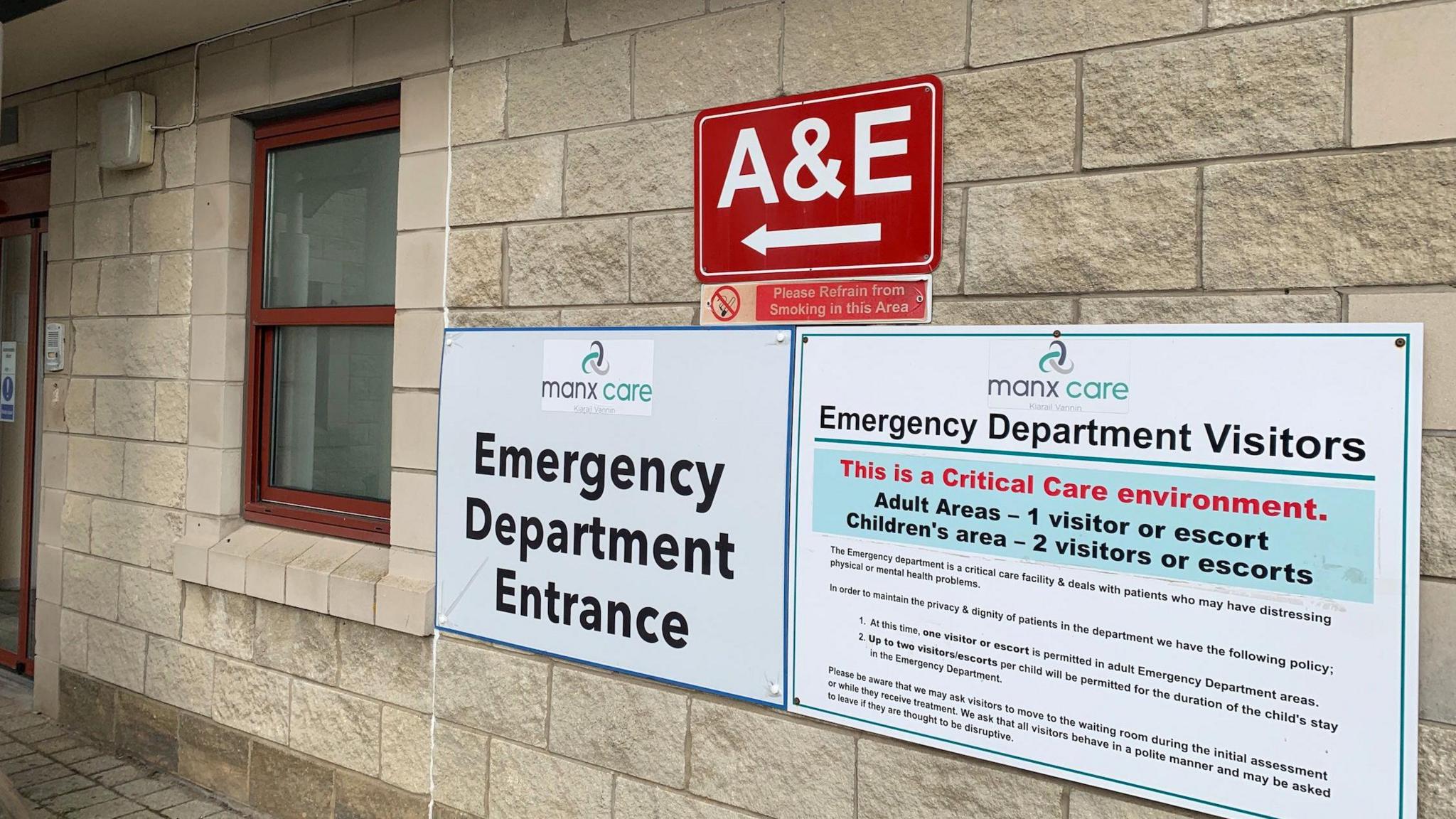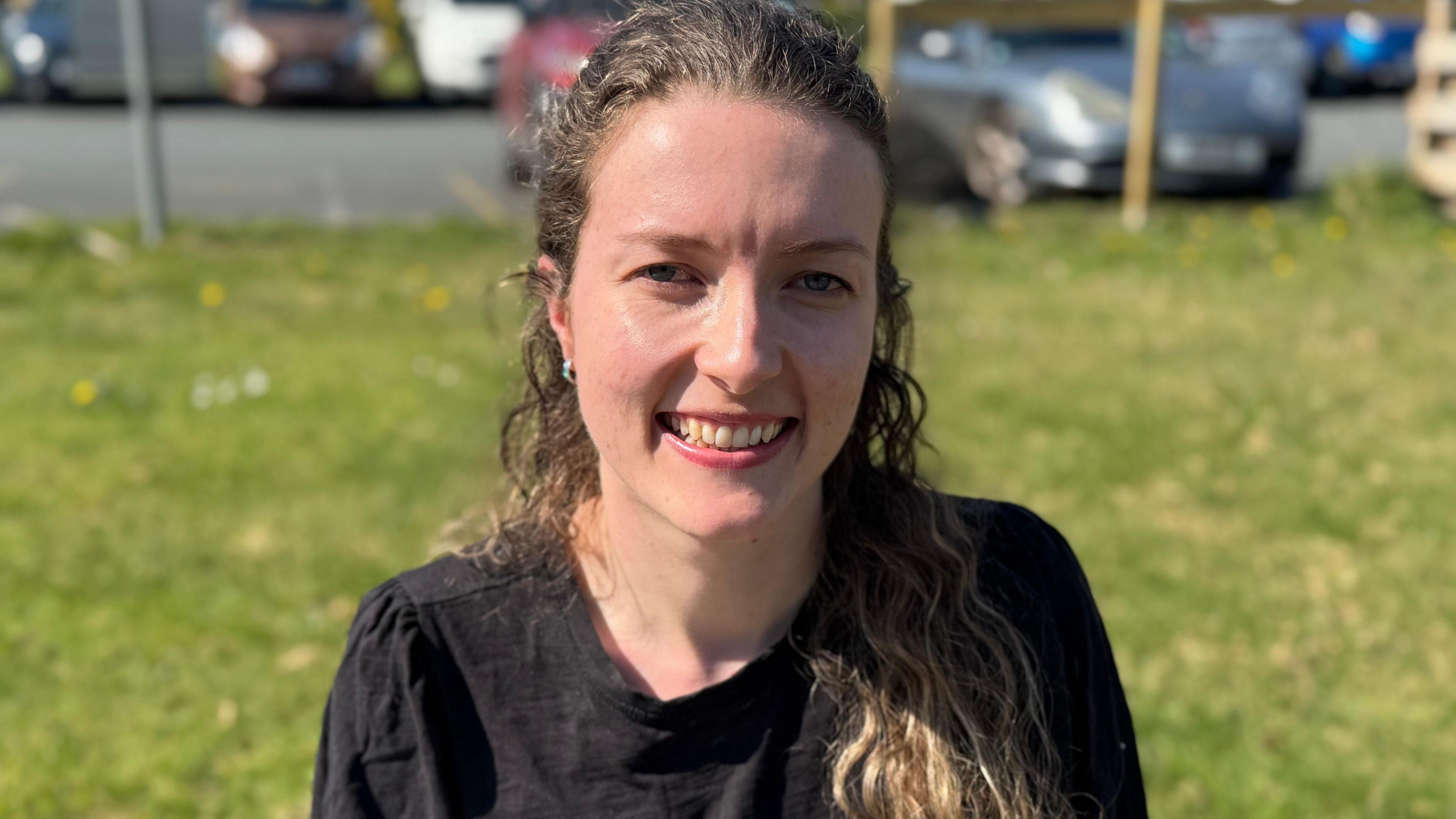Public health plan to 'reduce avoidable illness'

The strategy highlights current challenges such as an ageing population
- Published
A new five-year plan sets out how the Isle of Man's Public Health Directorate aims to "prioritise prevention" at all stages of life to "reduce avoidable illness".
The Public Health Strategy 2025-30 sets out three "core priorities" which involve giving children "the best start in life", living and working well and staying healthier for longer.
The document also highlights challenges such as an ageing population, rising levels of obesity, and "the ongoing impact of smoking and alcohol-related harm".
Director of public health Matt Tyrer said the plan promoted "preventing disease and prolonging life" through healthier lifestyle choices.
It was a "shared responsibility", which required collaboration across government, the voluntary sector, businesses, and communities, "to build environments that support good health and wellbeing", he said.
The strategy explained that while many people were living longer, they were spending "more of those years in poor health".
It said conditions such as heart disease, diabetes, cancer and respiratory illnesses were rising on the island with many conditions "linked to lifestyle factors such as poor diet, lack of physical activity, smoking, and alcohol consumption".
Although smoking rates had declined over time, research found in 2024 that 7.1% of Manx adults were classed as smokers, while 19.7% of adults drank more alcohol than the recommended weekly limits.
'Independent lives for longer'
Amongst other goals, the strategy has committed to reducing childhood health inequalities on areas such as access to care and information on nutrition.
It also aimed to target "high-risk populations with tailored interventions that address substance misuse and gambling", and "embed preventative approaches" throughout life to "reduce the impact of frailty, chronic conditions and social isolation".
The document said healthcare services only accounted for about 20% of an individual's health "outcomes", with the remaining 80% determined by social, economic, and environmental factors.
Dr Tyrer said the statistic "really showed the opportunity that we've got through long-term approaches to prevention to not only improve peoples lives on a whole range of issues but to reduce their need for health services".
An "additional benefit" would be reduced future pressures on health and care services, such as fewer visits to their GP or the hospital "because they're more in control of their own health and well-being", he said.
"By getting the basics right and putting the right measures in place, we can help people live healthier, happier, and more independent lives for longer," he added.
The strategy will be laid before Tynwald at the October sitting,
Get in touch
Tell us which stories we should cover on the Isle of Man
Read more stories from the Isle of Man on the BBC, watch BBC North West Tonight on BBC iPlayer and follow BBC Isle of Man on Facebook, external and X, external.
Related topics
More on Public Health
- Published1 August

- Published12 April

- Published13 May

- Published29 October 2024
